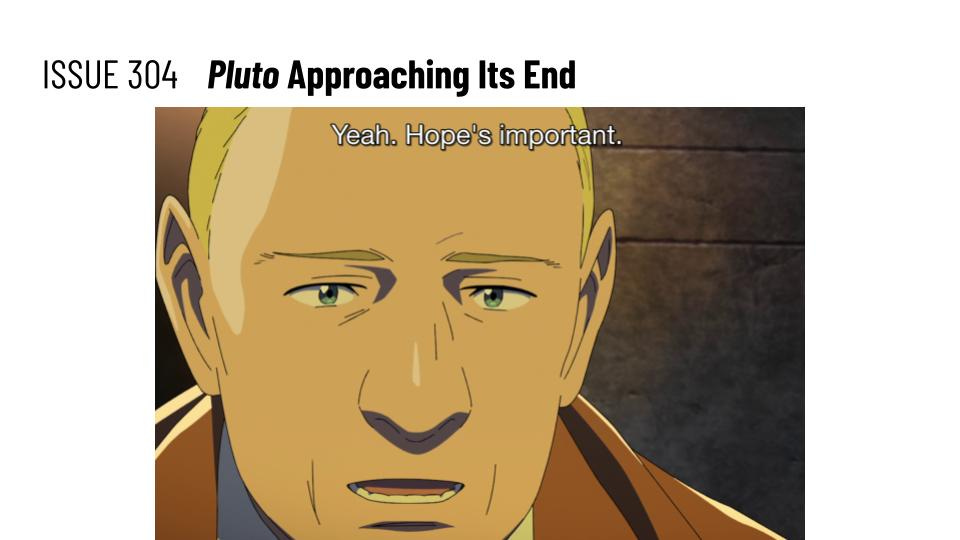Issue #304: Pluto Approaching Its End
When I listen to podcasts, I always have to remind myself of something. Their purpose is not to be intellectually rigorous, but to entertain. Cultural criticism podcasts, especially ones with a focus on film, are amusements. Their endeavor is to keep people listening and drive “engagement,” and those things happen when a host does something to elicit a …



